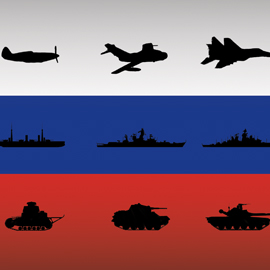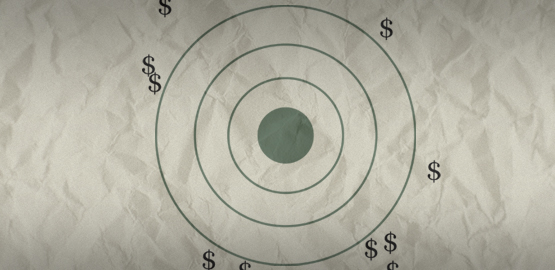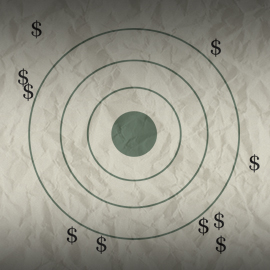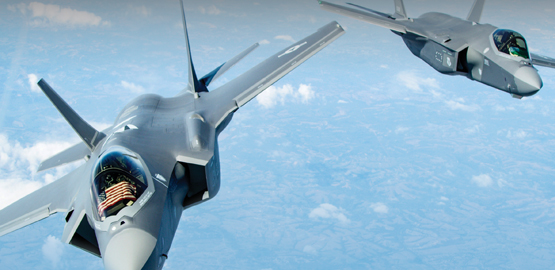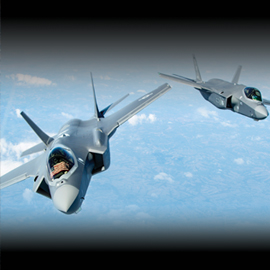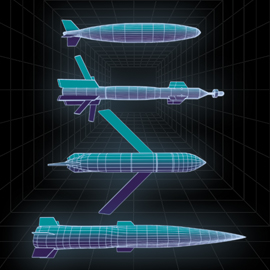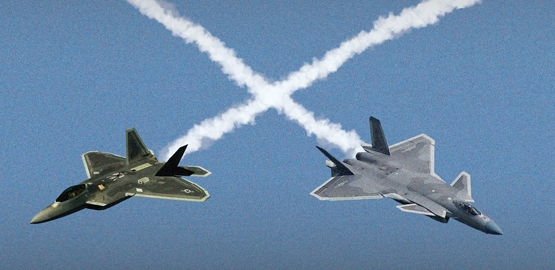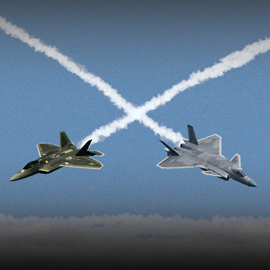Publications
"Nobody does defense policy better than CSBA. Their work on strategic and budgetary topics manages to combine first-rate quality and in-depth research with timeliness and accessibility—which is why so many professionals consider their products indispensable." – Gideon Rose, Editor of Foreign Affairs, 2010-2021
War Like No Other: Maritime Competition in a Mature Precision-Strike Regime
For over two decades, the U.S. military has enjoyed a near-monopoly in precision-guided munitions and their associated battle networks. Recently, however, the proliferation of these capabilities to other militaries and non-state entities is gathering momentum. How will this emerging precision-strike regime impact the character of maritime warfare? In this backgrounder, Dr. Andrew Krepinevich summarizes and presents findings regarding the likely character of future maritime warfare and options for preserving U.S. freedom of maneuver in the maritime domain.
Maritime Competition in a Mature Precision-Strike Regime
For over two decades, the U.S. military has enjoyed a near-monopoly in precision-guided weaponry and their associated battle networks. Recently, however, the proliferation of these capabilities to other militaries and non-state entities is gathering momentum.
Managing China’s Missile Threat: Future Options to Preserve Forward Defense
In this testimony before the U.S.-China Economic and Security Review Commission, Dr. Evan Montgomery discusses the implications of China's offensive missile force. He argues that in the face of an eroding conventional military advantage in the Western Pacific, the United States faces acute challenges to its forward defense posture.
Growing Nuclear Capabilities in the Middle East and Their Implications for U.S. Security
This testimony delivered before the Senate Armed Forces Subcommittee on Strategic Forces provides an overview of Israeli and Iranian capabilities and doctrines. It assesses prospective characteristics of a nuclear competition between these two countries, as well as those of a prospective “n-player” competition, should Iran’s acquisition of nuclear weapons lead other states in the region to follow suit. The testimony concludes with some thoughts on what this means for the United States, to include the strategic choices we confront.
Alternative Budgets and Strategic Choices
Regardless of the budget level Congress ultimately sets for defense, choosing where to invest or divest should be informed by the external security challenges we face and the choices we make about strategy. In this regard, likely future operating environments may serve as a useful lens for evaluating programs. In particular, forces and capabilities most viable to project power in contested environments may represent areas for preserving or expanding, while those that have been designed for relatively benign operating environments may be targets for divestiture.
Joint Think Tank Strategic Choices Exercise
What our exercise helps illuminate—and what my colleagues will speak to in their testimony—are the core capabilities the military must protect, and, in some cases, increase investments in regardless of the budgetary constraints imposed.











